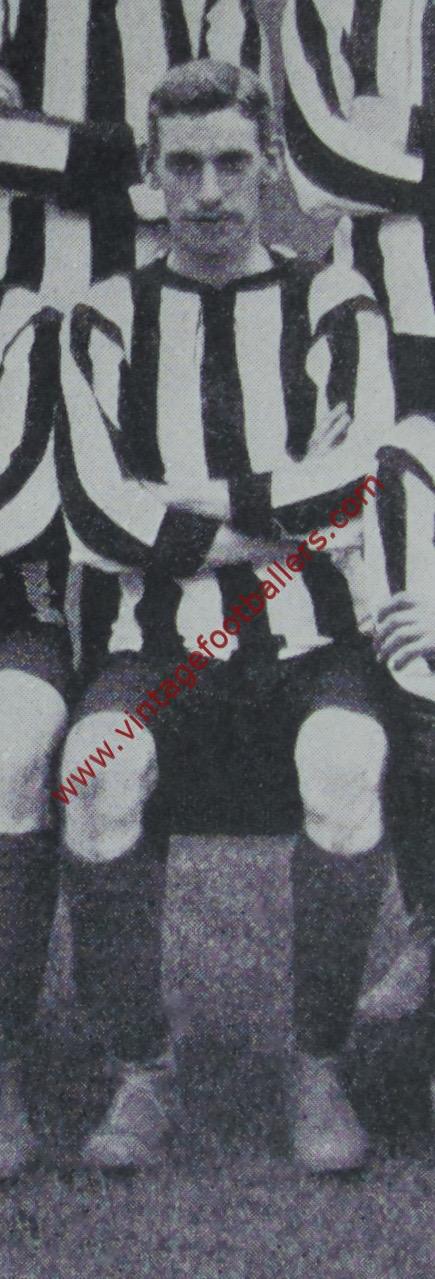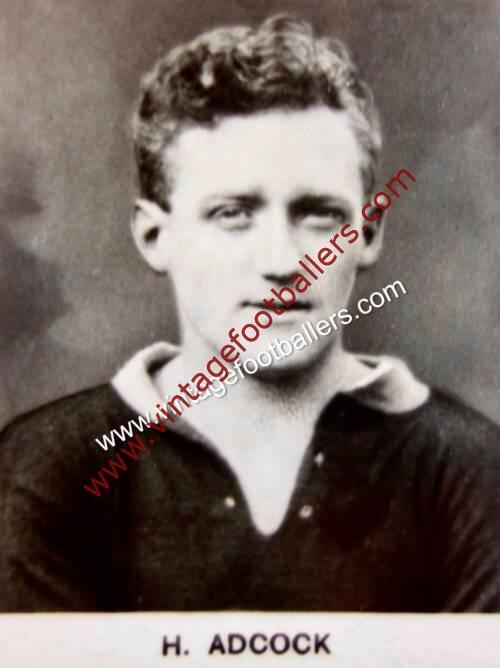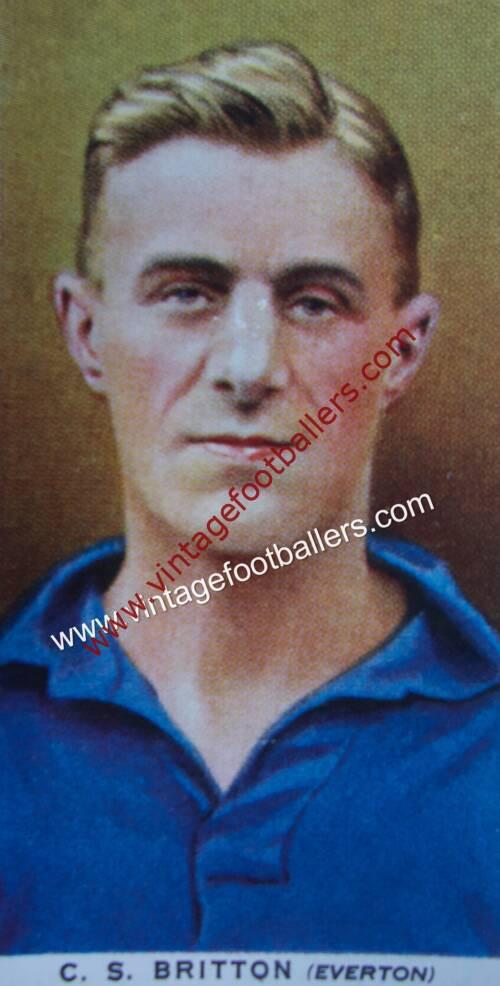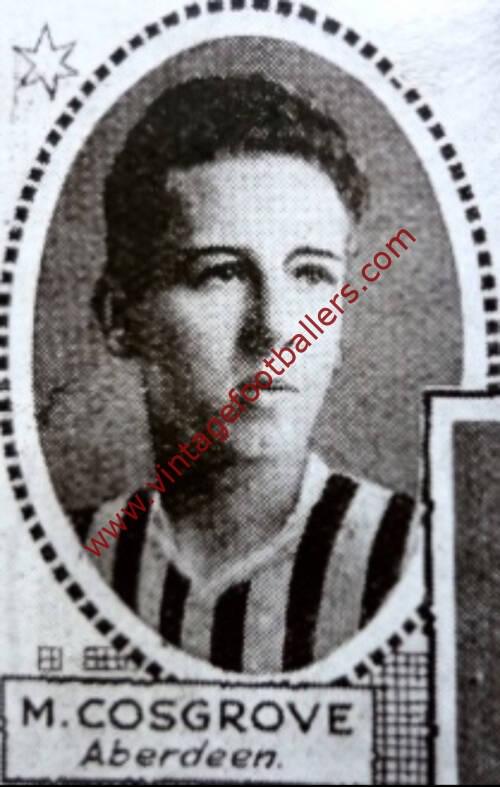Please choose your photo size from the drop down menu below.
If you wish your photo to be framed please select Yes.
Note: 16″x 20″not available in a frame.
Images can also be added to accessories. To order please follow these links
£8.95 – £49.95
Please choose your photo size from the drop down menu below.
If you wish your photo to be framed please select Yes.
Note: 16″x 20″not available in a frame.
Images can also be added to accessories. To order please follow these links
Belfast born winger Harry Buckle joined Cliftonville in May 1901, having played for Cliftonville Casuals and Cliftonville Olympic before breaking into the Cliftonville first-team. He earned his first Ireland cap in the Ibrox Disaster Fund match against Scotland in August 1902 and the first of four Inter-League caps in a 3-2 defeat by the Football League on his home ground at Solitude in November 1902.
A move to professional football with Sunderland followed in October 1902, making his Football League debut at Stoke the next month, his only appearance that season. Buckle was slow to settle in England, a point illustrated by the following extract taken from a 1903/04 season preview:
The most important of the “captures” is that of Harry Buckle, who, although he came from Belfast Cliftonville last season, must be regarded as a new player, seeing that he was only once in the team, and then not in the presence of a Sunderland crowd. His play is forward, and it is of the best. He is 21 years of age, stands 5ft 10in, and though apparently heavily built is as active as a squirrel.
Once Buckle did break into the Sunderland side at the end of October 1903 he began to make his mark, scoring a total of ten goals in 21 appearances from outside-left. His best spell in front of goal saw him find the net six times in six matches through November and December. Tall and heavy-set for a winger, it was his “piledriver” shot that brought him most of his goals. He was also famed for his unwillingness to head the ball, instead taking it down to his feet and making use of his arms and elbows to hold off would-be tacklers. This form also brought Buckle back to the attention of the Irish selectors, and he made his international return in a 3-1 defeat to England back at Solitude in March 1904. Over the following two season’s Buckle’s form began to tail off, and he made just fourteen appearances in the 1904-05 season and ten in the 1905-06 season, before moving on to Southern League Portsmouth in May 1906 after 14 goals in 46 appearances.
In his only season on the south coast, Buckle helped Portsmouth to runners-up spot in the Southern League, and he joined rivals Bristol Rovers for the 1906-07 season. At Bristol Rovers Buckle picked up his third Irish cap, making the short trip to Aberdare for a 1-0 win over Wales in April 1908. Thus Buckle became only the second Bristol Rovers player to win international recognition. He also played a representative match for The Southern League. In June 1908 Buckle joined Coventry City for their first season in the Southern League and was scorer of the club’s first two hat-tricks in senior football as he finished as top-scorer for the club in consecutive campaigns. In 1909 he was appointed as player-manager, a position he held until 1911 when he made way for Robert Wallace.
Buckle was to return to the Irish League later in 1911, combining part-time football at Belfast Celtic with a job at the Harland & Wolff shipyard. He won further representative honours while with Belfast Celtic in 1912 and 1913. He finished his Irish League career with spells at Glenavon in 1914 and as player-manager of Belfast United in 1917. After briefly moving to Wales, Buckle took a job in the Cork shipyards and then with the Ford Motor Company. He joined the works team, Fordsons (later called Cork FC) where he combined playing with managerial and secretarial duties. Just days after his 44th birthday he demonstrated that he had lost none of his skills as Fordsons shocked Shamrock Rovers to claim the 1926 Free State Cup.
| Weight | N/A |
|---|




